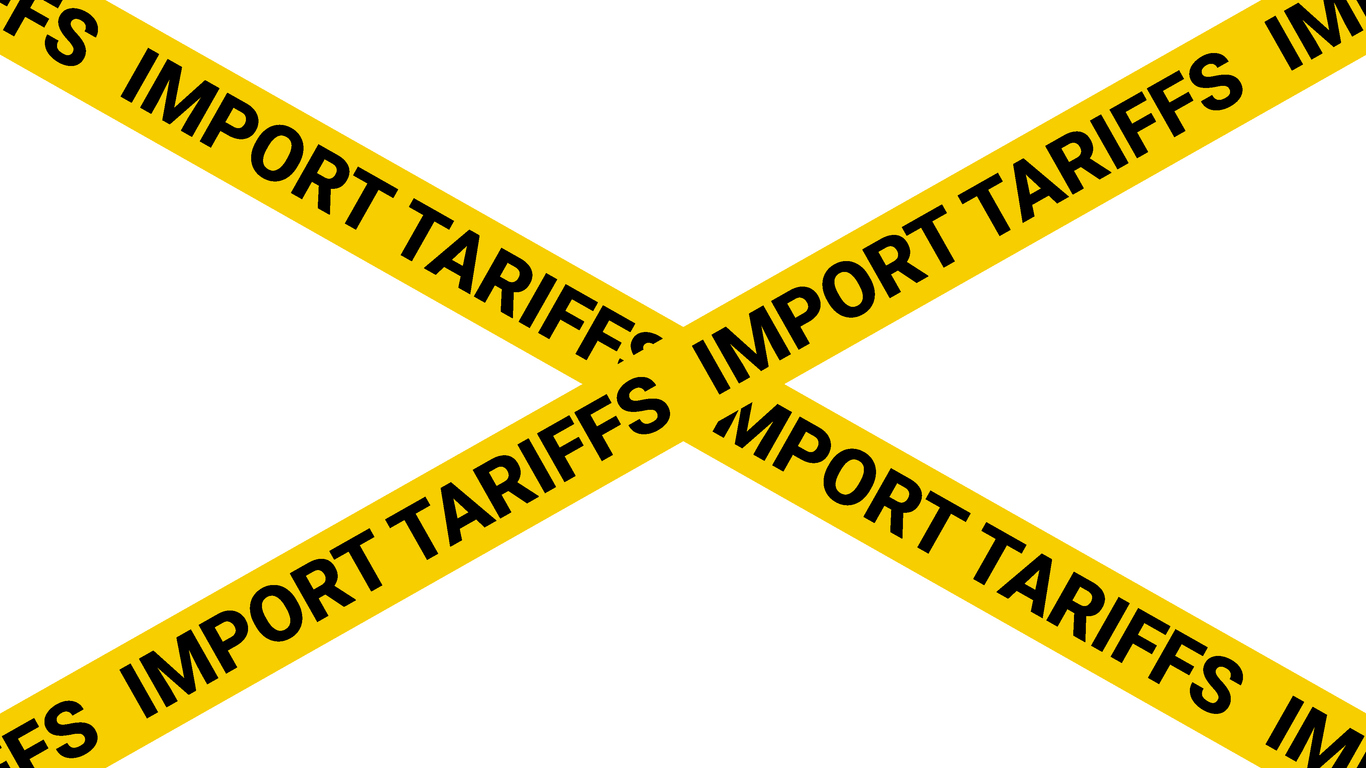Investing in Dried Legumes: Why You Should Buy and Export Them From Kenya
Investing in Dried Legumes: Why You Should Buy and Export Them From Kenya
Dried legumes are generally known as pulses. They are a type of dry edible seed that is high in protein and carbohydrate. Legumes are rich in various nutrients, such as iron, zinc, folic acid, magnesium, and vitamin B6. Depending on the species, they also provide significant amounts of protein and amino acids. Moreover, they have no saturated fats or cholesterol. As a result, they’re an excellent source of healthy fats and proteins for vegans and those who follow plant-based diets.
Is Kenya a Good Place to Grow Dried Legumes?
Dried beans and lentils are legumes that are often dried to improve their storage life, affect their flavor and make them less susceptible to rot. Raising these legumes has benefits for farmers because they store well and have a high nutritional content. When growing beans and lentils, there are several factors to consider. One of them is the weather, which affects pests and diseases. Moreover, the soil type can determine how well these plants grow. Soil should have good drainage, be friable and have a pH level of 5.8–7. The amount of rainfall, humidity and wind speed can also affect the plants. Farmers should also consider the amount of sunlight in their area. This is especially important for legumes, because they need direct sunlight for photosynthesis.
Why You Should Invest in Dried Legumes from Kenya
Dried legumes are a staple food in many countries, including Kenya. Their popularity is probably due to their excellent nutritional value and high protein content. Dried beans and lentils can provide about 50% of daily protein for adults. Additionally, they’re also rich in carbohydrates, B vitamins, fibre and minerals such as iron. Because of their high nutritional value, dried legumes are used as animal feed. They are also used in various recipes and dishes. Other than being a source of nutrients, dried legumes are affordable. They are also easy to store and preserve. Dried legumes are mainly grown in Asian and Latin American countries, such as India and Mexico. However, Kenya also produces dried beans and lentils. Thus, investing in dried legumes in Kenya could be a profitable business idea.
Advantages of Drying Beans and Lentils
Apart from the nutritional benefits, there are several other reasons why you should invest in drying beans and lentils. First, these legumes are easy to grow in Kenya. Farmers don’t need expensive equipment to grow them. All that is needed is soil, water and sunlight. Dried beans and lentils don’t need much acreage to grow. You can plant them in a large field or in a small garden. Dried beans and lentils are not as sensitive to weather conditions, such as drought. So, you can grow them in areas with a moderate amount of rainfall. Because dried legumes are grown for animal feed, they don’t require as much growing space as other crops. You can plant them where there is limited space such as a roof garden.
Disadvantages of Drying Beans and Lentils
The main disadvantage of growing dried legumes is that they take a long time to grow. Growing them from seeds to harvesting them can take up to 120 days. To maximize profits, you need to start growing dried legumes as early as possible. You can begin germinating the seeds in January or February. Farmers usually plant the seeds in October or November. Another disadvantage of growing dried legumes is that they’re susceptible to pests and diseases. Dried beans and lentils are susceptible to pests and diseases such as aphids, thrips, mites, and beetles. These insects can cause significant crop damage. They can also spread diseases and become a problem for other nearby crops.
How to Export Dried Legumes from Kenya
Exporting dried legumes can be an excellent source of income. However, you must follow certain steps in order to export dried legumes from Kenya successfully. First, you must select the species of legumes you want to grow. Then, you must choose a proper variety to maximize profits. You should also decide how much land you need to grow the legumes in. You need to decide on a suitable planting date. This will depend on the species of legumes you plan to plant. You should also decide when to harvest the legumes. Harvesting them too early or late can reduce their value. Next, you must select the right harvesting equipment. This includes a combine, swather and grain cart. You must also decide how you will dry the legumes. Finally, you should sell the dried legumes to various importers.
Summing up
Dried legumes are easy to grow and can be harvested within a short time period. They are also rich in protein, fibre, vitamins and minerals. Thus, dried legumes are excellent for both vegans and non-vegans. The article mentions that investing in dried legumes could be a profitable business idea. Kenyan farmers can grow them easily and profitably. They are rich in various nutrients and minerals, such as iron, zinc, folic acid, magnesium, and vitamin B6. They are also an excellent source of healthy fats and proteins for vegans and those who follow a plant-based diet.








LEAVE A COMMENT
You must be logged in to post a comment.